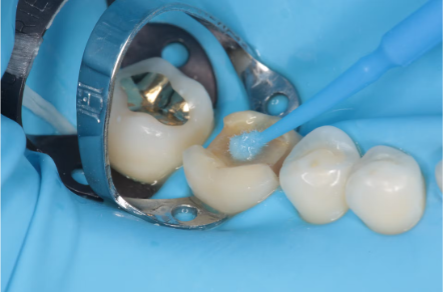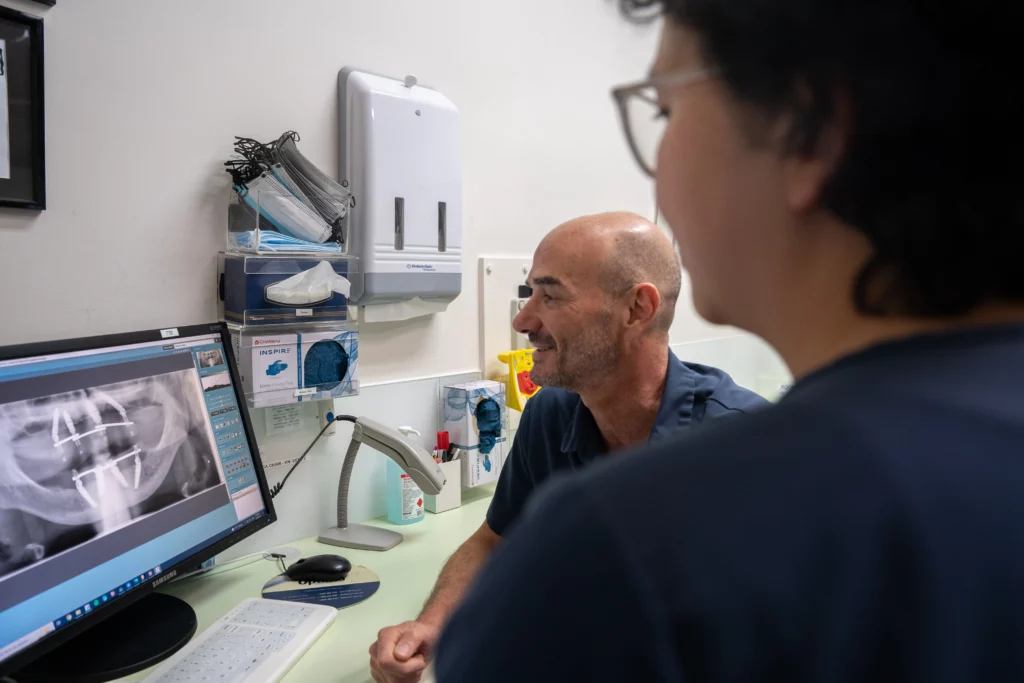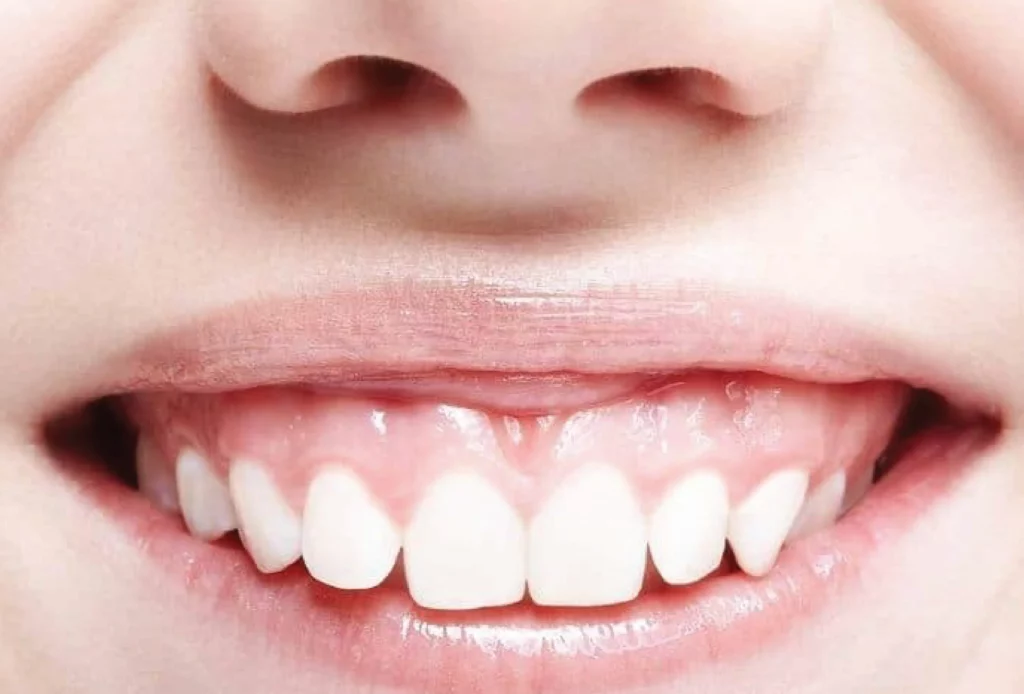While most of your adult teeth will have appeared by your early teen years, the very back molars can be ‘impacted’ and / or often only appear later in life. These teeth are known as third molars or ‘wisdom teeth’. They are known for often emerging incorrectly or getting stuck in the jawbone, often causing problems in the jaw, adjacent teeth and your overall dental health. In many cases, extraction of these teeth is important, but how much does wisdom tooth removal cost?
Why do wisdom teeth get extracted?
Normally there are four wisdom teeth in the mouth — two in the upper jaw and two in the lower. This number can vary with some people developing fewer or none at all. Patients need to have their wisdom teeth extracted when one or more of these teeth become impacted, meaning they are partially or fully trapped under the gum or jawbone. Impaction is when the teeth are not able to erupt into the correct functional position in the jaw bone. They can end up pushing against other teeth and creating health problems like decay, infection and jaw discomfort.
Wisdom tooth extraction is done to alleviate these issues by removing the problem teeth. We complete an x-ray screening process to assess the development of wisdom teeth during teenage years before they become problematic. We recommend early intervention to reduce the risk of further pain, discomfort and treatment risks and complications where possible.
Fortunately, not all wisdom teeth that develop will need to be extracted. Extraction of wisdom teeth is performed when they are impacted or pose another health risk, but many will develop normally in the jaw and pose no issue.

Factors affecting the cost of wisdom tooth extraction
A huge part of any dental treatment is understanding what you are paying for. Wisdom tooth extraction is considered a surgical procedure with varying costs involved. These are the key factors that influence the amount you may have to pay.
Complexity and position
Upper wisdom teeth are typically a little easier to extract. This is because the bone surrounding the upper teeth is less dense than the bone in the lower jaw. Upper wisdom teeth can usually be removed under local anaesthetic in the dental chair. Lower wisdom teeth are more difficult to extract as the surrounding bone is thicker and denser. This may require a day surgery procedure where the treatment is performed under general anaesthetic. The cost of removing wisdom teeth under general anaesthesia is more expensive than the more simple under local anaesthetic.
Number of wisdom teeth
Your wisdom tooth extraction cost will also vary depending on the number of teeth being extracted at once. A simple extraction of one tooth will cost less than needing all four to be extracted at once. However, removing multiple teeth at the same time may be cheaper than having each individual tooth removed in distinct appointments. This would also reduce your overall recovery timeline. For this reason, patients requiring a particular wisdom tooth to be removed will often be advised to have the opposing one removed as well, despite it not being problematic at that time.
Additional costs
As part of safe wisdom tooth extraction, you will need to have a pre-treatment consultation and x-rays taken. These are considered ‘pre-treatment costs’. Generally speaking, at CDIC your post operative review appointment is free of charge. However, you will have to purchase pain relief medications to help manage post-treatment pain. In some cases, antibiotics may also be prescribed.
Outside of these, some patients may also need to pay for a follow-up appointment to assess recovery if unusual problems are reported or palliative care required to treat an extraction complication.
Cost of extraction
A simple wisdom tooth extraction conducted under local anaesthetic will typically range between $375 to $1000 per tooth, depending on the clinic you visit and the exact position of the tooth and the nature of the impaction. If you require general anaesthetic, the fee could be closer to $1000 per tooth, as this indicates that a more complex extraction is necessary. You can save money by having multiple teeth extracted at the same time.
Your dentist should be able to provide you with a detailed quote of the full cost of getting your wisdom teeth removed prior to treatment, as well as discussion of any additional costs you may encounter.
Does Medicare cover wisdom teeth removal?
Unfortunately, like most dental procedures Medicare does not cover the cost of wisdom teeth removal. The only exception is for people who are on a public waiting list, but many are not eligible for this. It can often take many years until your eligibility is realised on these public waiting lists. Unfortunately, this can only lead to further pain and complications.
Does private health insurance cover wisdom teeth removal?
Many private health funds do offer cover for the cost of wisdom tooth removal. The extent of cover varies by health fund and the level of extras cover an individual has. If you have insurance, check with your specific fund to find out the amount you are covered for extraction.
In the vast majority of cases, there is still a significant out of pocket cost once the private insurance rebate has been applied. For this reason, we do not recommend that people ‘take out insurance’ specifically to receive a rebate for these procedures. With an ‘ineligibility period’ where you cannot make a claim and ‘pre-existing conditions’ clause in most insurance companies product disclosure statement, there is a likelihood that the insurance claim may be denied or the rebate so little that the overall out of pocket costs for the treatment, is significantly more after paying the insurance premium.
Benefits of wisdom teeth removal
The main advantage of having any problematic wisdom teeth extracted is pain relief. Impacted teeth cause a lot of aching and discomfort in the face and jaw, also leading to headaches. Extraction can provide rapid relief of these issues. Additionally, extraction can help reduce teeth crowding, which means the rest of your teeth have more room to develop properly. This makes it less likely you’ll need orthodontics or other corrective treatment to address teeth misalignment.
There are no health benefits to removing wisdom teeth that have erupted properly and are causing no problems. For teeth causing issues, any initial discomfort associated with the extraction itself or the recovery period is outweighed by the longer term health improvements.

Prevent unnecessary pain
Having your wisdom teeth removed can provide rapid relief when you’re experiencing jaw and facial pain, while also reducing or preventing other health complications. It is worth having your wisdom teeth checked even if you aren’t experiencing any issues, with early preventative treatment always preferable to an emergency extraction. Get in touch today for a wisdom teeth screening consultation and find out how we can help you manage them painlessly.



